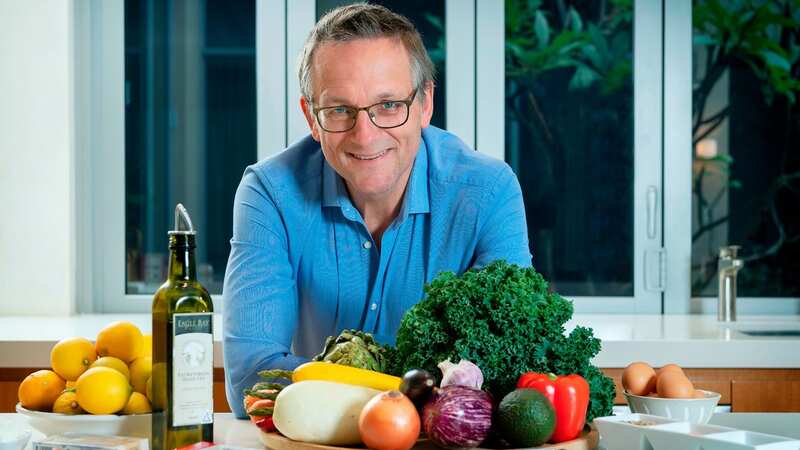TV doctor dispels dieting myths - including whether you need breakfast
Dr Michael Mosley has set the record straight, as conflicting advice on weight continues to plague the internet.
Tomatoes make you fat. Bread is the devil. Don't eat after 6pm or before 11am and don't even think about blending fruit. If you're wanting to lose weight, Google can very quickly send you down a wormhole of quack advice and pseudo-science.
It's no surprise that many people struggle to navigate through this inconsistent advice and return to their old eating habits. But, in hope of getting rid of these 'huge obstacles' to eating healthily, Dr Michael Mosley - creator of the Fast 800 diet plan - has debunked some of the most common diet myths.
You have to eat breakfast
Breakfast is often touted as the most important meal of the day - with many people believing it 'revs up your metabolism' and prepares you for the rest of the day. Dr Mosley claims that this isn't the case - even if it seems plausible.
He cites a 2014 study including 283 overweight participants that tracked whether eating breakfast or skipping the meal had an effect on weight loss over a 16-week period. It found that those who consumed a daily breakfast lost an average of 0.76kgs - whilst those who skipped breakfast lost a very similar amount of 0.71kgs. Researchers concluded: "Contrary to widely espoused views this had no discernible effect on weight loss in free-living adults who were attempting to lose weight."
 Teachers, civil servants and train drivers walk out in biggest strike in decade
Teachers, civil servants and train drivers walk out in biggest strike in decade
However, the British Dietetic Association argues that skipping breakfast won't help you lose weight. "You could miss out on essential nutrients and you may end up snacking more throughout the day because you feel hungry," they added. This sentiment is echoed through other medical bodies including the Dieticians Association of Australia, The NHS, and the Academy of Nutrition and Dietetics.
Juice to lose weight
Juicing diets have propelled into the mainstream over recent years, promising fast and drastic results. But, Dr Mosley says most of that weight loss is actually going to be from water, rather than fat.
"The reason is that your body keeps a special store of emergency fuel locked up in your muscles and liver in a form called glycogen," he said. "This also binds water. When you stop eating your body burns through the glycogen stores, releasing the water." The doctor adds that once you go back to eating normally, this weight will inevitably return.
Want the latest health news and fitness tips sent straight to your inbox? Sign up to our
Don't weigh yourself regularly
Dr Mosley claims the idea that weighing yourself more than once a week will make you become 'overly obsessed with your weight' is wrong. In fact, he says he weighs himself several times during the week and that previous studies have drawn a correlation between higher levels of weight loss and frequent weighing.
You should seek help and stop regularly weighing yourself if you find it negatively impacts your mental health. If you're suffering from an eating disorder or body dysmorphia - you can get help here.
You have to eat a low-fat diet
Low-fat foods are often marketed as the key to weight loss, but Dr Mosley insists there is little evidence to support its effectiveness. Instead, the expert recommends following a Mediterranean diet which includes healthy fats such as olive oil and nuts, as well as 'the occasional glass of red wine'.
"It's a far better way to lose weight and reduce your risk of heart disease than a low-fat diet," he added. The NHS agrees that a Mediterranean diet can aid weight loss, as well as reduce your risk of having a heart attack or stroke - and improving your mood and mental health.
Read more similar news:
Comments:
comments powered by Disqus


































